This code downloads a sample latin1/ISO-8859-1 encoded file and saves it to disk. Open that file and you'll see the strange question mark characters �. https://stackoverflow.com/a/3527176/779159 explains it's because of the wrong encoding being applied, and latin1 should fix it.
const url = 'http://vancouver-webpages.com/multilingual/french.asis'
request.get(url, { encoding: null })
.pipe(fs.createWriteStream('/tmp/file.txt', { defaultEncoding: 'latin1' }))
But using the request and fs modules, I can't get it to save in latin1 encoding. How do I fix this code?
